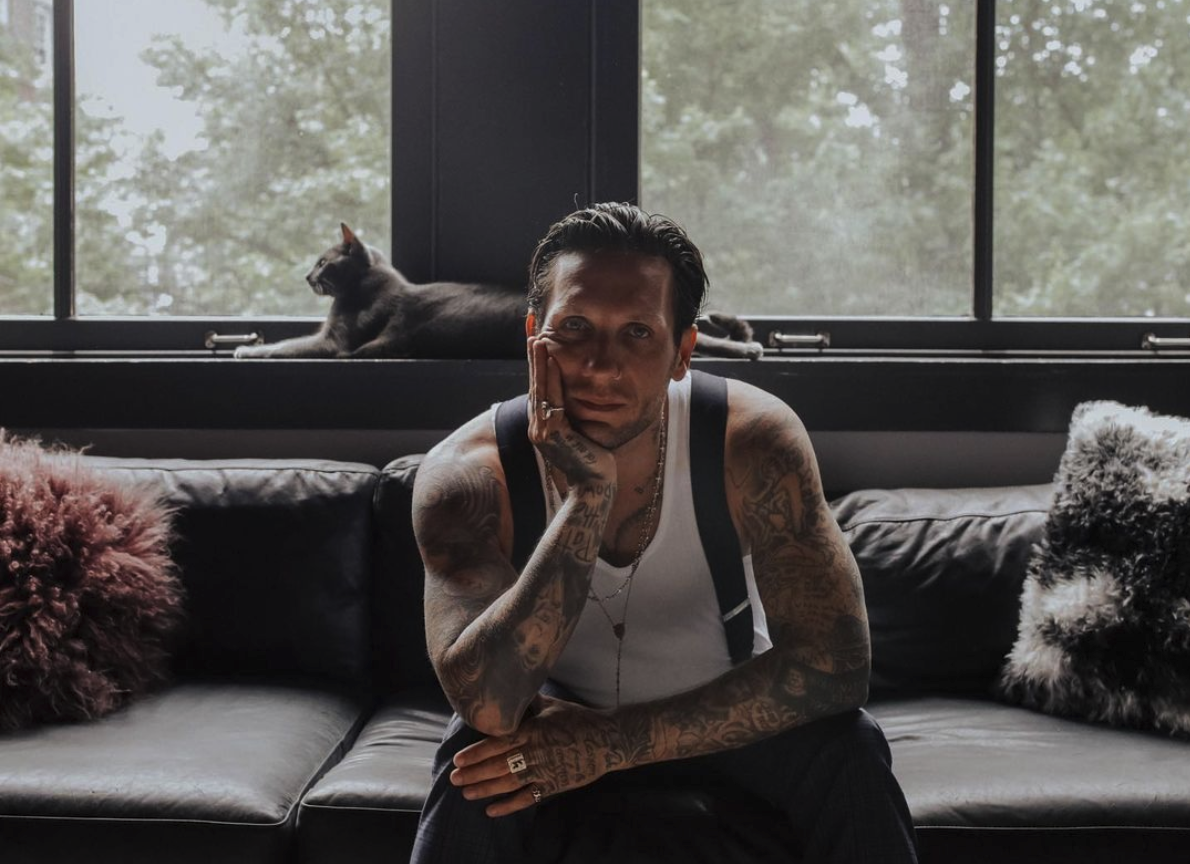
When your loved one is battling addiction, it can be difficult to know what to say or do.
You want what’s best for them, but you may not know what exactly that is. Maybe you feel like you’re walking on eggshells around them, but if you keep doing that, nothing will change. If you want to get your loved one into a rehab center, you have to take action. If you decide to stage an intervention for your loved one, you need to know what to say during a drug intervention to ensure it’s successful.
Best Things to Say At an Intervention
Your goal for a drug or alcohol intervention is likely to get your loved one into a drug rehab program so they can quit and get sober. While you may want to help, executing this step can be very tricky and requires guidance. If you aren’t getting the help of a certified intervention professional (also known as a certified intervention specialist or a CIP) like Brandon Novak, then you may need some drug intervention advice. Here are some tips on what to say during an intervention that can help you best express your concern and love for the person and increase the likelihood of their accepting treatment.
- Reminding your loved one that you love them and are there for them
- Sharing how their drug or alcohol use has affected you
- Speaking calmly and rationally (becoming angry may cause them to become defensive)
- Following a pre-written script (this is an important step in staging an intervention)
- Explaining to your loved one why you’re worried about them
- Describing treatment options that you’ve researched that could work for them
- Offering your support in recovery, which can include driving them to groups or just checking in on them regularly
- Reading your intervention letter
- Setting consequences if they don’t go to treatment
What Not to Say At an Intervention
In addition to the best things to say during an intervention, there are also plenty that you should avoid during a drug or alcohol intervention for your loved one. If you’re participating in an addiction intervention, below are some things you should avoid bringing up.
- Name-calling
- Accusing the addict
- Pointing out their failures or mistakes (like getting fired or relationship problems)
- Speaking from emotions without a filter
- Swearing or cursing
- Using “you” statements instead of “I” statements (this can make it seem like you’re pointing a finger at the person, which may make them feel cornered or defensive)
- Trying to rationalize their problems
- Negotiating treatment (this isn’t a business deal, it’s a matter of life and death)
- Trying to make addiction seem less severe than what it is
- Focusing only on problems and not solutions
The purpose of an intervention is to help your loved one realize their problem, how it’s affected the people around them, and the help that’s available to them. Unfortunately, not everyone knows what to say at an intervention. Many hurtful and ugly things have been said to addicts in need of care by their loved ones simply out of emotional rage, hurt, and confusion. A great tip you should follow before staging an intervention is to educate yourself on addiction. When you understand it as a disease (which it is) and why addicts behave a certain way, then you may be more understanding of their struggles and approach the intervention with a different mindset.
Without intervention, your loved one’s addiction may only get worse. After several attempts at rehab, Brandon Novak finally stuck to his treatment and today celebrates over six years of sobriety. However, he had to hit rock bottom before realizing his need for addiction treatment. You can make the recovery process better for your loved one by seeking out intervention services first. Brandon is a CIP himself and has helped numerous families get their loved ones the care they need. Not only can he teach you what to say at a drug intervention, but he can guide you through the process and lead the meeting for you.
If you’re interested in his intervention services or sober living facilities, call him now at (610) 314-6747.
Related Readings:





